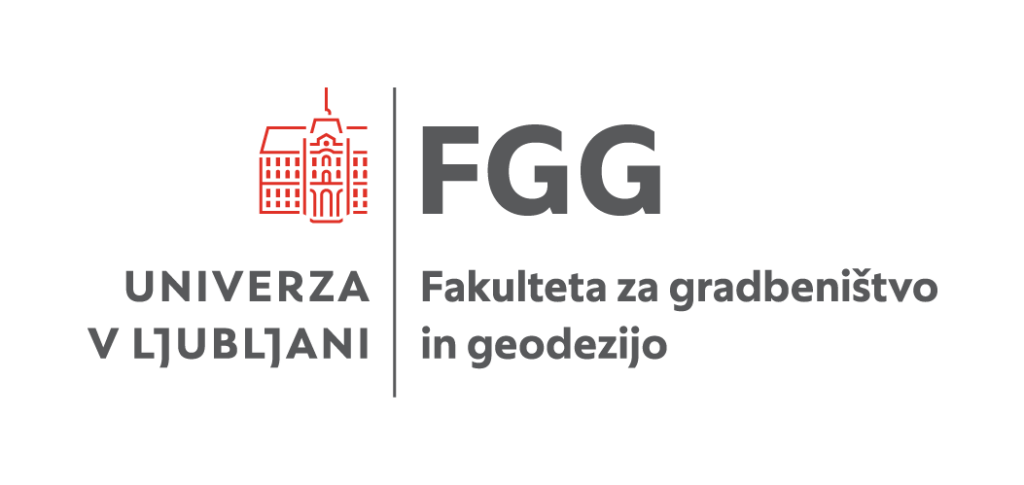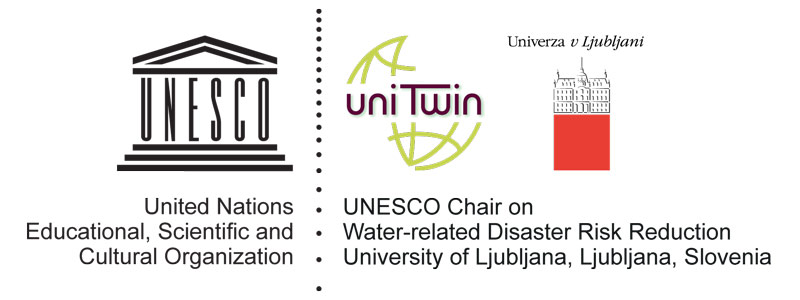

Avtor
Matjaž Mikoš
predstojnik UNESCO katedre WRDRR www.unesco-floods.eu
predsednik Globalnega promocijskega odbora Programa za zemeljske plazove in Kjoško zavezo (GPC/IPL-KLC)
predsednik Inženirske akademije Slovenije www.ias.si
predsednik Nacionalnega odbora za IHP UNESCO www.ncihp.si
član Slovenske nacionalne komisije za UNESCO https://www.gov.si/drzavni-organi/ministrstva/ministrstvo-za-izobrazevanje-znanost-in-sport/o-ministrstvu/urad-za-unesco/
pooblaščeni inženir G-0276 in član Inženirske zbornice Slovenije https://www.izs.si/imenik/pooblasceni-inzenirji/?person=42626
Fellow ASCE (Ameriško združenje gradbenih inženirjev)
urednik revije Landslides https://www.springer.com/journal/10346/
urednik revije HESS https://www.hydrology-and-earth-system-sciences.net/
izdajatelski svet Acta hydrotechnica https://actahydrotechnica.fgg.uni-lj.si/en/
predsednik izdajatelskega sveta revije Gradbeni vestnik http://www.zveza-dgits.si/gradbeni-vestnik
EME 807 is a required course for the Sustainability Management and Policy option in the Renewable Energy and Sustainability Systems (RESS) program. It overviews a wide range of contemporary technologies in the context of sustainability and examines metrics for their assessment. The course explores the main principles that guide modern science and technology towards sustainable solutions. It covers such topics as resource management technologies, waste and wastewater treatment, renewable energy technologies, high performance buildings and transportation systems, demand-response applications, green chemistry, and more. Learning in EME 807 heavily relies on real-life examples and taps into current practices of technology analysis. This course goes beyond the understanding the background, fostering critical thinking and challenging the students to draw connections between social, environmental, and economic aspects of sustainable technologies.
The course consists of 12 lessons covered over 12-15 weeks depending on semester. Lessons 1-3 are more general: they cover the key frameworks for technology thinking, which are further used frequently throughout the rest of the course. Lessons 4-11 are technology specific: they lead you to explore various technological areas to some extent. Lesson 12 is reserved for completing the final project. Each lesson provides you with reading and video materials on the course webpage and assigns you several activities to complete. There are three main types of activities in this course: (i) forum discussions, (ii) weekly written assignments, and (iii) individual course project. For your course project, you will develop a proposal for implementing a sustainable technology scenario based on your area of interest.
This website provides the primary instructional materials for the course. The menu on the top of the page links you to course syllabus, lessons, Canvas system, and other supporting materials. Canvas – Penn State’s course management system – is used to support the delivery of this course as well as to provide tools and interface for assignment submission, receiving instructor and peer feedback, communications, calendaring, and grades.
Topics of Study
- Lesson 1: Principles of Sustainable Systems
- Lesson 2: Technology Development and Lifecycle Assessment
- Lesson 3: Metrics for Technology Evaluation
- Lesson 4: Green Chemistry and Materials
- Lesson 5: Resource Management Technologies
- Lesson 6: Sustainable Water and Wastewater Systems
- Lesson 7: High Performance Building Systems
- Lesson 8: Applied Renewable Energy Technologies
- Lesson 9: Energy Management and Power Systems
- Lesson 10: Sustainable Transportation Technologies
- Lesson 11: Behavior Aspects and Feedback Systems
- Lesson 12: Final Project (student’s choice of case study)